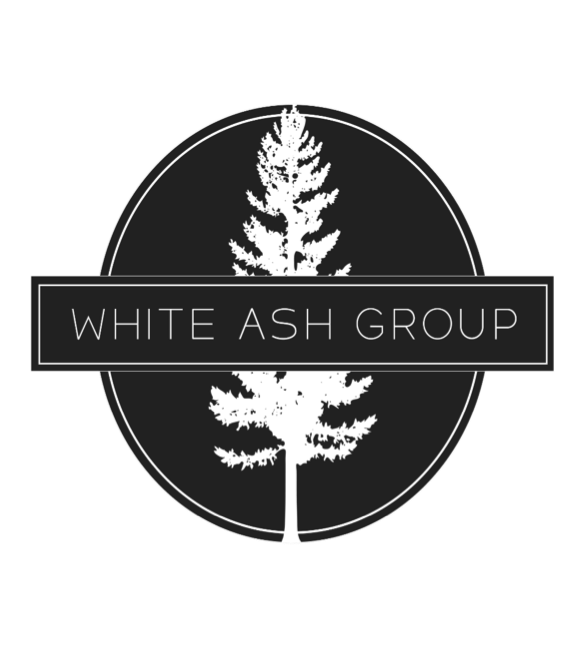Ontario’s Recruiter Licensing Law: Key Takeaways for Employers
Ontario has significantly changed how recruitment and staffing agencies operate. Effective July 1, 2024, individuals and organizations acting as temporary help agencies (THAs) or recruiters must hold a valid licence under the Employment Standards Act, 2000 (ESA) to conduct business in the province.
Who Must Be Licensed?
The licensing requirement applies broadly. A recruiter is anyone—for a fee—who finds or attempts to find employment in Ontario for candidates, or finds employees for employers in Ontario. A temporary help agency, meanwhile, assigns workers to clients on a temporary basis.
Even agencies located outside Ontario must be licensed if they place workers into positions within the province. Exemptions exist, such as internal HR staff of an employer or employees of trade unions and registered charities.
Timeline & Application Process
The licensing framework was implemented in two stages:
July 1, 2023: Applications opened. Agencies that applied by December 31, 2023 could continue operating while awaiting their decision
January 1, 2024: License became mandatory. Operating without one after this date is illegal, unless the application remains pending
Applicants must submit a detailed application—including corporate information, criminal record checks for key personnel, and proof of compliance with employment laws—and provide a $25,000 irrevocable letter of credit. Licences cost $750 per legal entity, are valid for one year, and must be renewed.
What Employers Need to Know
If you engage a recruiter or THA to supply workers, Ontario deems you a client under the ESA. Clients have specific obligations—including due diligence in verifying licensing .
Engaging an unlicensed agency knowingly is a violation of the ESA—and the fines are substantial.
First offense: $15,000
Second offense within three years: $25,000 per affected worker
Third offense within three years: $50,000 per affected worker
Further penalties apply if applicants provide false or misleading information in a licence application. Operating without the required security deposit or failing to renew a licence can result in revocation.
Risks Beyond Fines
If an unlicensed agency misclassifies workers, fails to pay wages, or engages in unfair recruitment practices, your company could be held liable for those violations as well. Moreover, contracts with an unlicensed agency may not be enforceable in court . Finally, reputational damage is a real concern—being associated with unethical or non‑compliant practices can harm your brand with clients, employees, and regulators.
Proactive Steps for Employers
To ensure compliance and safeguard your business:
Verify licensing: Ask potential agency partners for their licence number and confirm it via Ontario’s public registry of THAs and recruiters.
Update contracts: Include clauses requiring agencies or recruiters to maintain valid licences—and to notify you immediately if their status changes.
Train internal teams: Ensure HR, procurement, and legal teams understand these rules and know how to check license status.
Monitor compliance: Periodically review licensing status via the government registry and request updated proof of compliance.
By requiring agencies and recruiters to be licensed, Ontario aims to enhance transparency, protect workers, and elevate industry standards. As an employer, staying compliant helps you avoid penalties, minimize risk, and maintain your reputation. Never engage an agency or recruiter without verifying their licence—it’s a small step with a significant legal payoff.
